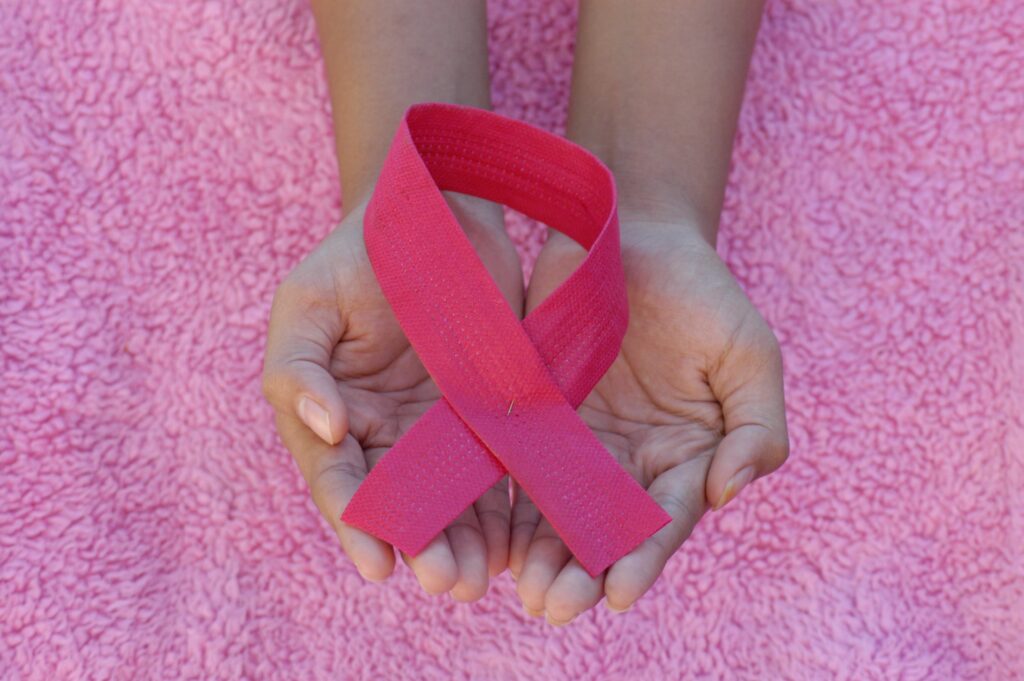By Shamya Hill
I learned two things in Sexual Education Class: practice abstinence and HIV was a death sentence. In my experience, in sex-ed class, there was a sense of shame and judgment that prevented most students from asking questions about sex and their bodies.
I was never taught about cervical cancer or pap smears. I never knew the proper steps I needed to take care of my body. As a Black woman, specifically as a young Black woman, I didn’t know my chances of being diagnosed with cervical cancer were twice as high as a Caucasian woman. Cervical cancer is caused by HPV (Human Papillomavirus), and it can affect women of all ethnicities and ages; however, it is prominent in young Black women. Cervical cancer is a preventable and treatable disease if caught in time. Yet, in the United States, Black women in Alabama have the highest cervical cancer death rate than any other state. Upon learning this, I asked myself, “Why wasn’t this taught to me? Why is there shame surrounding this? How can I help others learn about this?”
There is no one answer. It’s a combination of lack of funding and education in low-income schools, the stigma surrounding cervical cancer, and lack of healthcare across the United States. Young Black females in low-income neighborhoods aren’t learning about cervical cancer because there is not enough funding for proper education and students are not provided relevant information on how to take care of their bodies.
We need to teach our young girls the importance of obtaining the HPV vaccine and scheduling routine checkups with a gynecologist. We also need to eradicate the stigma surrounding cervical cancer. There is a belief that if you acquire cancer caused by HPV, you are promiscuous or sleeping with multiple people. However, that is not the case. You do not have to behave in a certain way to be diagnosed with cervical cancer, and most cervical cancer survivors are wives, mothers, teachers, business owners, students, and doctors. I am 21 now, and I’m grateful to say I do not have cervical cancer. Those who do have it should know they are not alone, and it is important to educate others.
Shamya Hill is a food lover and English Major at Medgar Evers College, CUNY.

